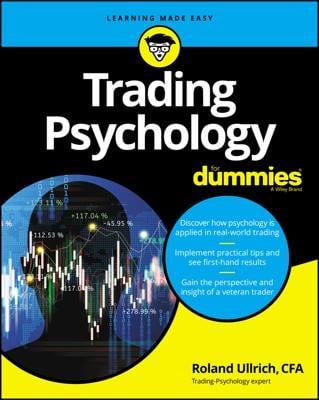Futures contracts are by design meant to limit the amount of time and risk exposure experienced by speculators and hedgers. As a result, futures contracts have several key characteristics that enable traders to trade them effectively:
Expiration: All futures contracts are time-based; they expire, which means that at some point in the future they will no longer exist. From a trading standpoint, the expiration of a contract forces you to make one of the following decisions: sell the contract or roll it over; sell the contract (taking your profits or losses) and just stay out of the market; or take delivery of the commodity, equity, or product represented by the contract.
Daily price limits: Because of their volatility and the potential for catastrophic losses, futures contracts include limits that freeze prices but don’t freeze trading. Daily price limits are stated in terms of the previous day’s closing price plus and minus so many cents or dollars per trading unit.
After a futures price has increased by its daily limit, there can be no trading at any higher price until the next day of trading. After a futures price has decreased by its daily limit, there can be no trading at any lower price until the next day of trading.
Limits are meant to let markets cool down during periods of extremely active trading. (Keep in mind that the market can trade at the limit price but not beyond it.) Some contracts have variable limits, meaning the limits change if the market closes at the limit. (For example, if the cattle markets close at the limit for two straight days, the limit is raised on the third day.)
Size of account: Most brokers require individuals to deposit a certain amount of money in a brokerage account before they can start trading. A fairly constant figure in the industry is $5,000.
Depositing only $5,000 with the brokerage firm probably is not enough to provide you with a good trading experience. Some experienced traders will tell you that $100,000 is a better figure to have on hand, and $20,000 is probably the least amount you can actually work with. These are not hard and fast rules, though.

